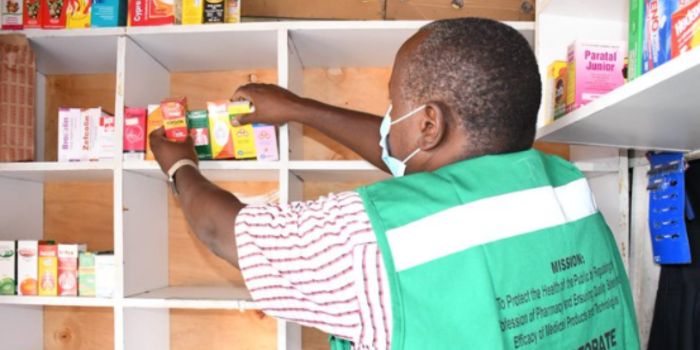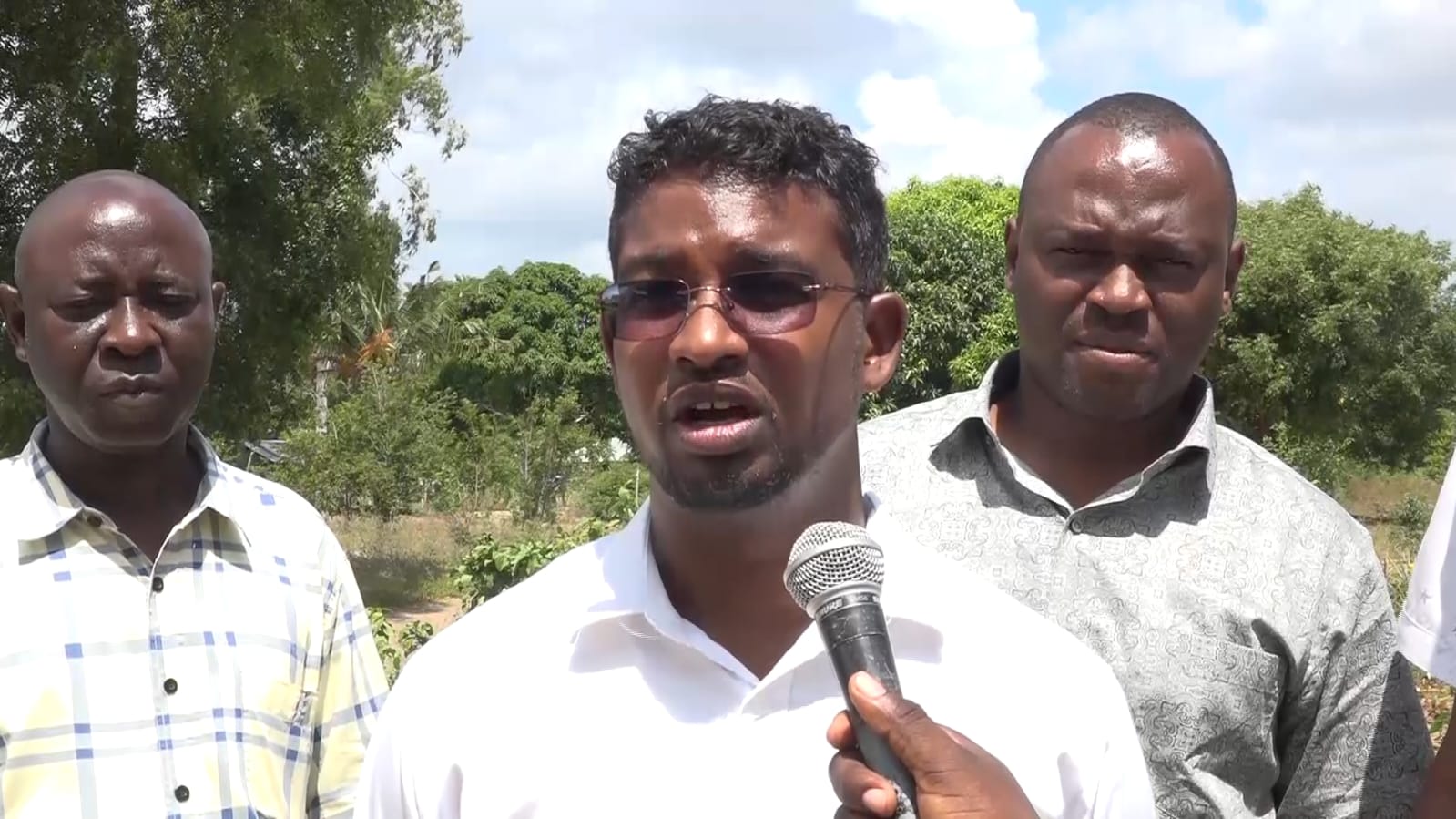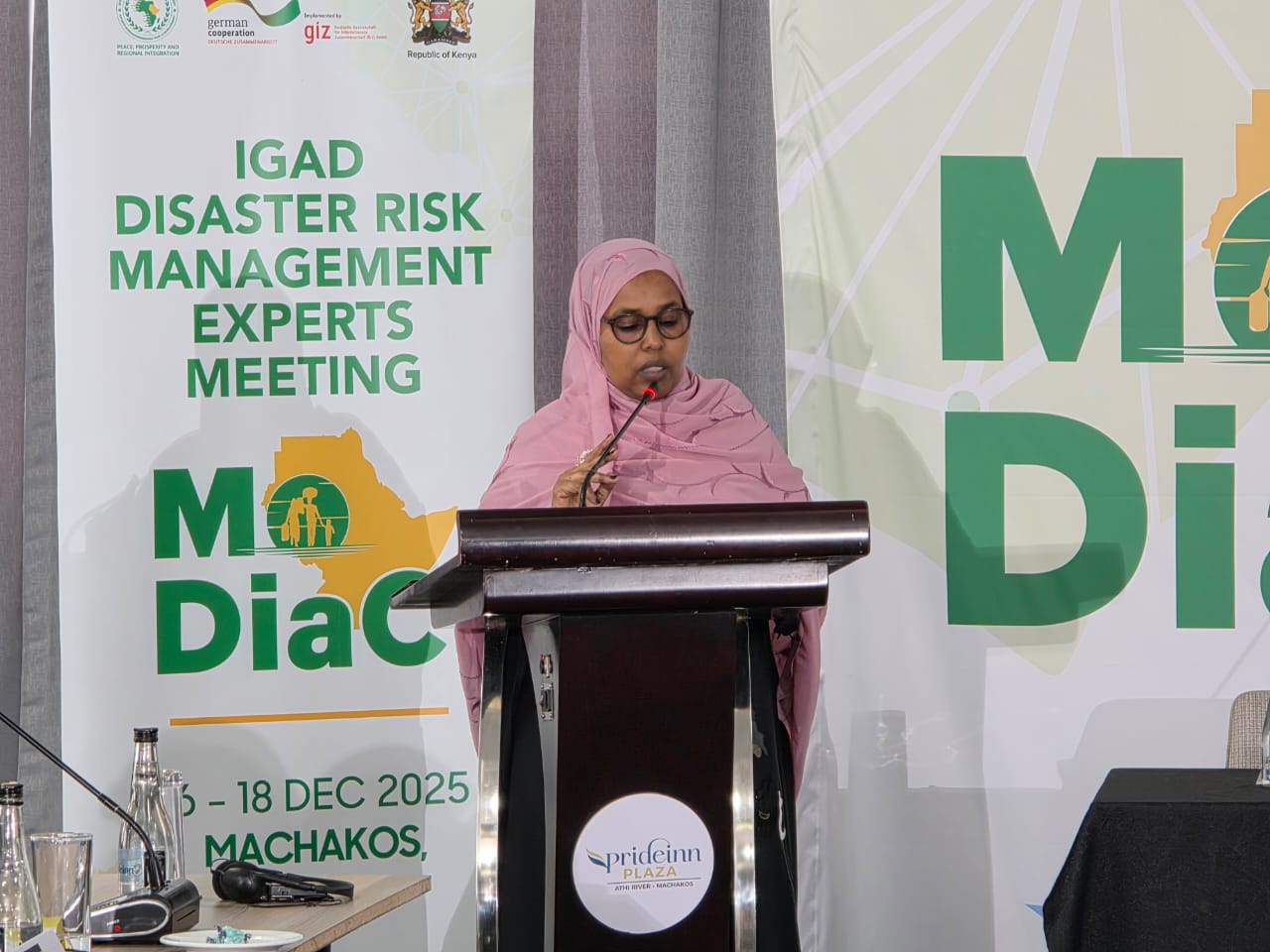Kenya and Britain in new efforts to erase trade tariff barriers

Mvurya announced that their talks revolved around tariffs and tax barriers that made it difficult or unfavourable for Kenyan horticultural produce such as flowers in the UK market.
Kenya and Britain on Tuesday inched closer to completely eliminating tariff barriers that have been impacting the trade agreements between the two countries.
A meeting between the delegation of UK High Commissioner to Kenya Neil Wigan and Trade Cabinet Secretary Salim Mvurya resolved to iron out existing disagreements that had been making it difficult for Kenyan horticultural produce and other items to reach the UK market.
More To Read
- UK announces biggest overhaul of its legal migration model in 50 years
- Talanta Sports City Stadium 66 per cent complete, set for opening on February 2026
- Senate demands answers on Sh419 million Deaflympics budget
- UK warns citizens visiting Kenya, Uganda of methanol poisoning from fake alcoholic drinks
- Kwale youth officers accused of laxity, poor performance in Government projects
- Isiolo Stadium works resume after six-year delay
"I am here today to announce that we had a fruitful discussion with the UK High Commissioner and his team on how to improve trade between Kenya and the UK. I believe Kenyan exporters will benefit from the talks we have held," said Mvurya.
Mvurya announced that their talks revolved around tariffs and tax barriers that made it difficult or unfavourable for Kenyan horticultural produce such as flowers in the UK market.
High Commissioner Neil Wigan expressed optimism about the renewed commitment to fostering trade ties between the two countries.
The meeting also discussed the outcome and prospects of the UK and Kenya's first-ever Economic Partnership Agreement Council meeting that met last year to secure jobs and increase trade between the two nations.
Already, the two countries had two years ago ratified the trade agreements that were based on the UK and Kenya advancing their joint commitment to securing jobs for Kenyans and growing their economies by delivering mutual benefits for both countries.
The UK-Kenya Economic Partnership Agreement
On December 8, 2020, the UK and Kenya signed an Economic Partnership Agreement (EPA). The agreement was ratified on March 22, 2021.
This Agreement ensures that all companies operating in Kenya, including British businesses, can continue to benefit from duty-free access to the UK market - saving exporters over £10m every year in duties on products such as green beans and cut flowers.
 UK High Commissioner to Kenya Neil Wigan while addressing journalists in Nairobi on Tuesday after meeting Trade and Investments Cabinet Secretary Salim Mvurya. (Photo: Justine Ondieki)
UK High Commissioner to Kenya Neil Wigan while addressing journalists in Nairobi on Tuesday after meeting Trade and Investments Cabinet Secretary Salim Mvurya. (Photo: Justine Ondieki)
Kenya will also gradually reduce duties on UK products they have deemed non-sensitive, providing Kenyan businesses with cheaper inputs which can support agricultural development and manufacturing. It does this by gradually phasing out tariffs across the majority of UK exports, covering sectors including machinery and pharmaceuticals.
The agreement commits the UK to support Kenya with agreement implementation, enhance competitiveness, build trade capabilities and ability to attract investment, as well as further integrate itself into global supply chains.
The agreement is designed to include all Member States of the East African Community, one of the fastest-growing regional economic blocs in the world.
The UK is the biggest investor in Africa, according to the United Nations Conference on Trade and Development 2022 report.
Mvurya's meeting with Neil also focussed on Kenya’s Economic Partnership Agreement (EPA) with the EU, which has been signed but faces a fresh challenge in the form of an import-tariff dispute that erupted some time back.
The main point of contention—which prompted a formal complaint by the UK to a bilateral EPA council is the import duty charged by Kenya on imported alcoholic beverages, including wine and whisky.
The two EPAs are based on a 25 per cent import tariff for the affected products, but the East African Community (EAC) increased the level to 35 per cent in mid-2022 under its Common External Tariff (CET) to boost local industry.
In contrast to the UK EPA, which pre-dated the tariff rise, the EU EPA was signed in June 2023, after the upward CET adjustment, but the deal, negotiated over several years, failed to incorporate the higher duty regime.
Assuming both sides ratify the EU EPA, the EU is likely to follow the UK by making a formal complaint under the deal’s dispute resolution procedures.
Top Stories Today











































